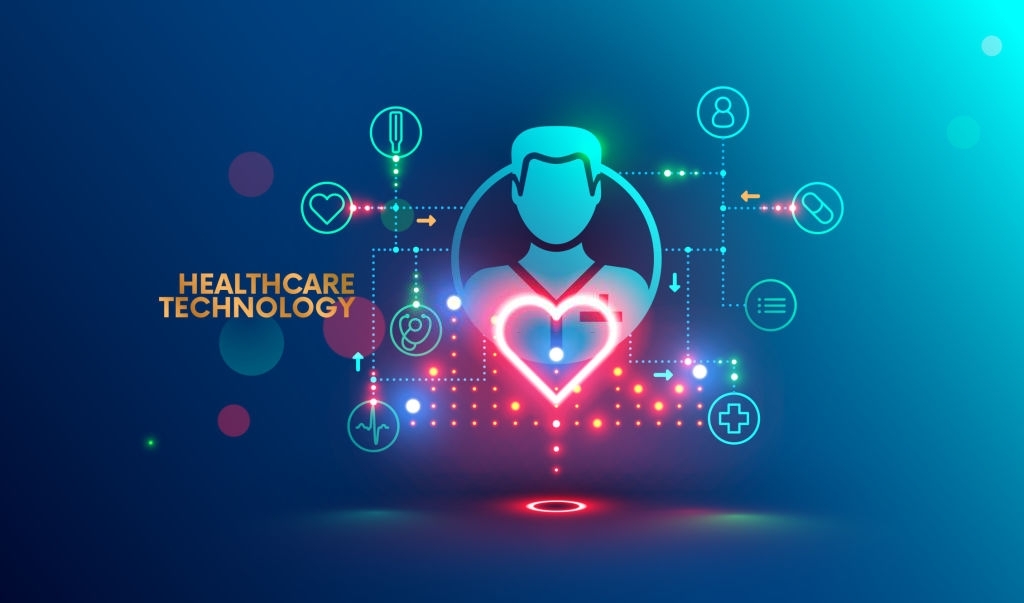Most healthcare organizations are now leveraging cutting-edge technology to augment their business and deliver a better patient experience. ERP software for healthcare management is taking the lead of all these technologies. The reason behind this is healthcare providers now realize the importance of optimizing back-end operations to enhance efficiency.
An optimally integrated healthcare software can benefit all the stakeholders, including the patients. Therefore, if your healthcare organization is still reluctant about adopting technology, here are some reasons why you should reconsider that thought.
Healthcare ERP has gained tremendous momentum in the last couple of years. As a result, an increased number of healthcare institutions have started using healthcare ERP systems for centralized access and improved services.
Several healthcare ERP solutions are available, and Odoo ERP and Control ERP are among others. But, it is essential to understand that a suitable ERP solution must suffice the needs of your healthcare institution.
But First, What Is A Healthcare ERP?
A healthcare ERP solution leverages advanced technologies to integrate different business processes and relevant data from every department within an organization. This centralized approach towards the management of healthcare establishes seamless access to data which helps in boosting efficiency and customer satisfaction, which would be the satisfaction of patients.
Individuals at different levels of your healthcare institution can access this centralized ERP system. They can check the patient’s medical history, treatments that are going on, the next step further in the treatment, and several other aspects.
Doctors, nurses, administration, and other staff of your healthcare institution can use this system to automate tasks and get work done at a faster speed.
Different modules in the system perform various tasks and make it convenient for these users to accomplish multiple tasks simultaneously.
This means that instead of using different solutions for operations of other departments, you rather get an integrated solution that helps make things much easier for every stakeholder involved in the process.
Perks Of Deploying An Integrated Healthcare ERP
This is no secret that a healthcare organization has to deal with and manage tons of data on any given day. Hence these organizations require an advanced solution such as healthcare ERP to manage all that data and make the most of it. Apart from that, some of the reasons why you must implement an integrated healthcare ERP solution include:
- Eliminating Discrepancies: Integrating one department’s data with the other can often leave a lot of room for mistakes and errors. However, that can be minimized and eventually eliminated with a robust ERP solution. Other than that, this also tackles the issue of confusion among the employees of different departments within the same organization. Enhanced communication and efficiency are effortless to achieve when there is an effortless transfer of data and information from one department to the other.
- Reducing Operational Costs: Operational costs are the biggest concern for any healthcare organization. Fortunately, there is also a way to reduce those costs and increase the profit. An integrated ERP can be of great help as it can help enhance employees’ productivity and workflow, and resource management.
This enables the management to streamline different aspects of operations and eliminate any wastage that went unnoticed earlier. ERP solutions are also great in automating, which means employees are no longer required to waste time on tedious, repetitive tasks. Instead, they can focus their time and effort on some other value-driven tasks.
- Enhanced Patient Care: The ultimate goal of any healthcare organization is to deliver unmatched patient care. While this can be challenging using the conventional approach, things can get very easier by leveraging the competencies of an ERP in healthcare.
The ERP solution can be used to eliminate document errors, enhance workflow, and establish better inventory control which automatically translates to better care for the patients. The efficiency made possible with ERP solutions means the hospital staff can spend less time managing operations and more time caring for the patients.
- Augmented Decisions: Most ERP solutions of the present day are equipped with some unmatched analytics and business intelligence capabilities. The organization can leverage these capabilities to determine trends and generate valuable insights from the available data. This reporting and visualizations can help one better understand what to expect next, which automatically enhances the decision-making capabilities of the management of your healthcare organization.
- Better Compliance: A healthcare organization has to deal with numerous compliances as they deal with people’s lives here. While this can be very challenging through a manual approach, an ERP solution can be a great help in such cases. An ERP solution can ensure unmatched transparency, making everything far more accessible and traceable for everyone. This means that whenever the healthcare organization in question has to provide audit documentation, one can simply leverage the ERP system to get all the information they need in a few seconds.
Wrapping Up
ERP solutions benefit almost every type of business currently operating in this environment. Therefore, it only makes sense for healthcare organizations to do the same and become trusted healthcare providers among patients.
















